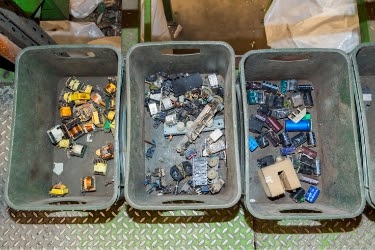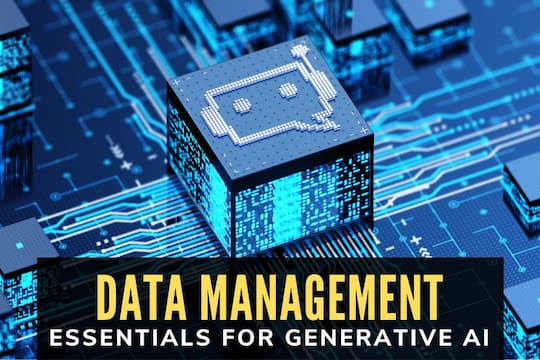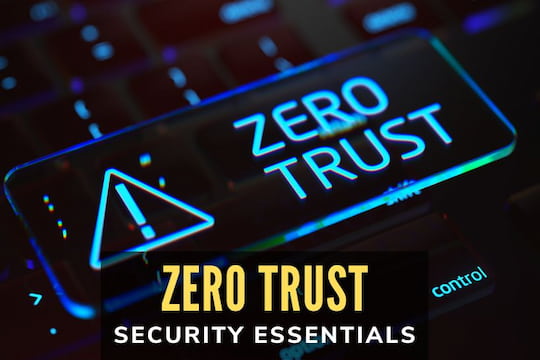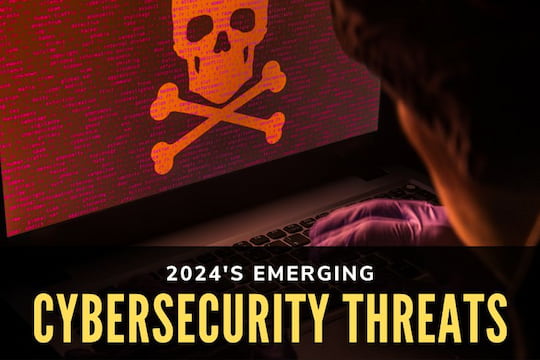Many people and some businesses may think that disposing of electronics in the garbage is no big deal. However, most, if not all, electronics contain harmful materials, and should never be thrown in the trash or sent to the landfill. Electronics must be disposed of properly, commonly referred to as e-waste recycling. If you’re not sure where to drop off your old electronics, you can search for “electronics disposal near me” for the nearest recycling center.
Electronic recycling can be challenging due to discarded electronics devices having varying proportions of plastics, metals, and glass. So, the process varies depending on the technologies used and materials being recycled.
Nevertheless, the general process of e-waste recycling includes the following:
COLLECTING AND TRANSPORTING
These are the first two stages of recycling for e-waste. Electronics take-back booths or collection bins are placed in specific areas. Then, the collected e-waste is transported from these sites to recycling facilities.
SHREDDING, SORTING, AND SEPARATING

These are the next steps that include processing and separating the e-waste into clean commodities to create new products. Efficient material separation establishes the foundation of e-recycling. Shredding e-waste simplifies the sorting and separating of plastics from internal circuitry and metals. Also, shredding of waste items is done as small as 100 mm for further sorting.
Separation continues by using an overhead magnet to separate steel and iron from the waste stream to prepare it for recycled steel for sale. The process is used to separate circuit boards, copper, and aluminum from the material stream. Then, water separation technology is used to separate plastics from the glass. And lastly, there is more separating done of any remaining plastics from metal remnants for further stream purification.
RECYCLED MATERIAL PREPARATION FOR SELLING
After the process above is completed, preparation of the separated materials occurs to sell as usable raw materials for the new electronic productions or other products.
ELECTRONICS THAT CAN'T BE RECYCLED

According to California, you can't recycle microwave ovens, appliances with Freon, and non-decontaminated medical equipment. Recycling centers often don't accept microwave ovens even though these appliances have a ton of worthy spare parts. Nevertheless, these items hold electric charges significantly longer than their last service date and can send lethal shocks to whoever touches them in the wrong places.
Individual items with Freon include freezers, refrigerators, dehumidifiers, and air conditioners. Freon is also known as chlorofluorocarbons. These collections of chemicals can be dangerous upon being exposed to a large amount in which can cause cardiac problems, including heart attacks. Medical equipment that is not properly sterilized may cause infection.
ELECTRONICS THAT CAN BE RECYCLED

Mostly every electronic can be recycled besides the ones listed above. In fact, in many cases, recycling is required by law. The following includes many of the electronics that can be recycled: Televisions (TVs), Videocassette recorders (VCRs), DVD players, Audio systems (stereos), Portable digital music players, Cellphones, Portable digital assistants (PDAs), Cable receivers, Computers, Monitors, and Electronic Keyboards. If you recycle computers with hard drives, make sure the recycling company will erase your drives with a process that adheres to DOD data destruction guidelines.
CONCLUSION
For more information about proper electronics disposal, and e-waste recycling, just do a search for “electronics disposal near me,” or fill out our e-waste disposal pick up form and we will arrange a convenient time visit your business. Properly disposing of unwanted items will help save our planet and keep our communities safe.



























